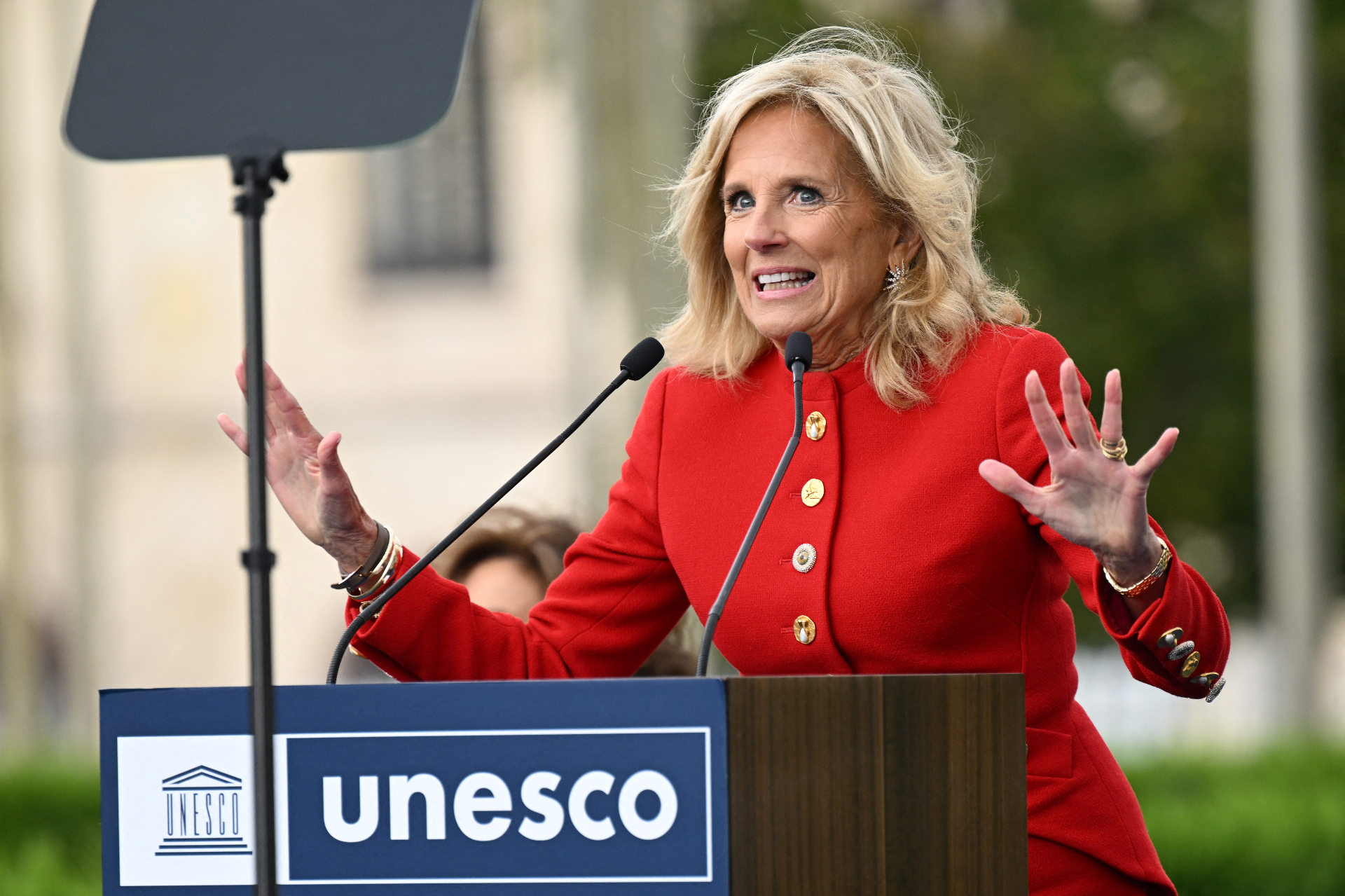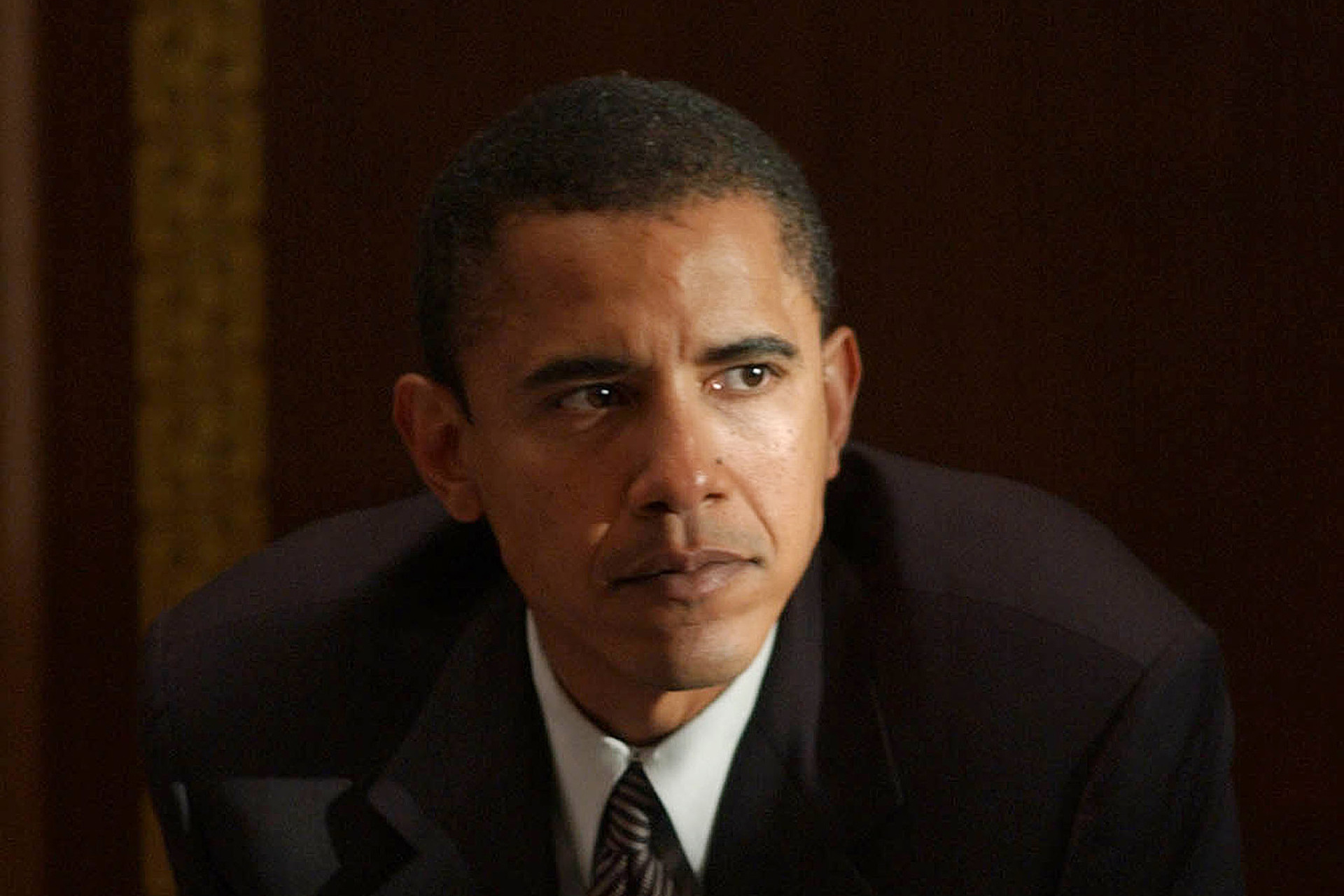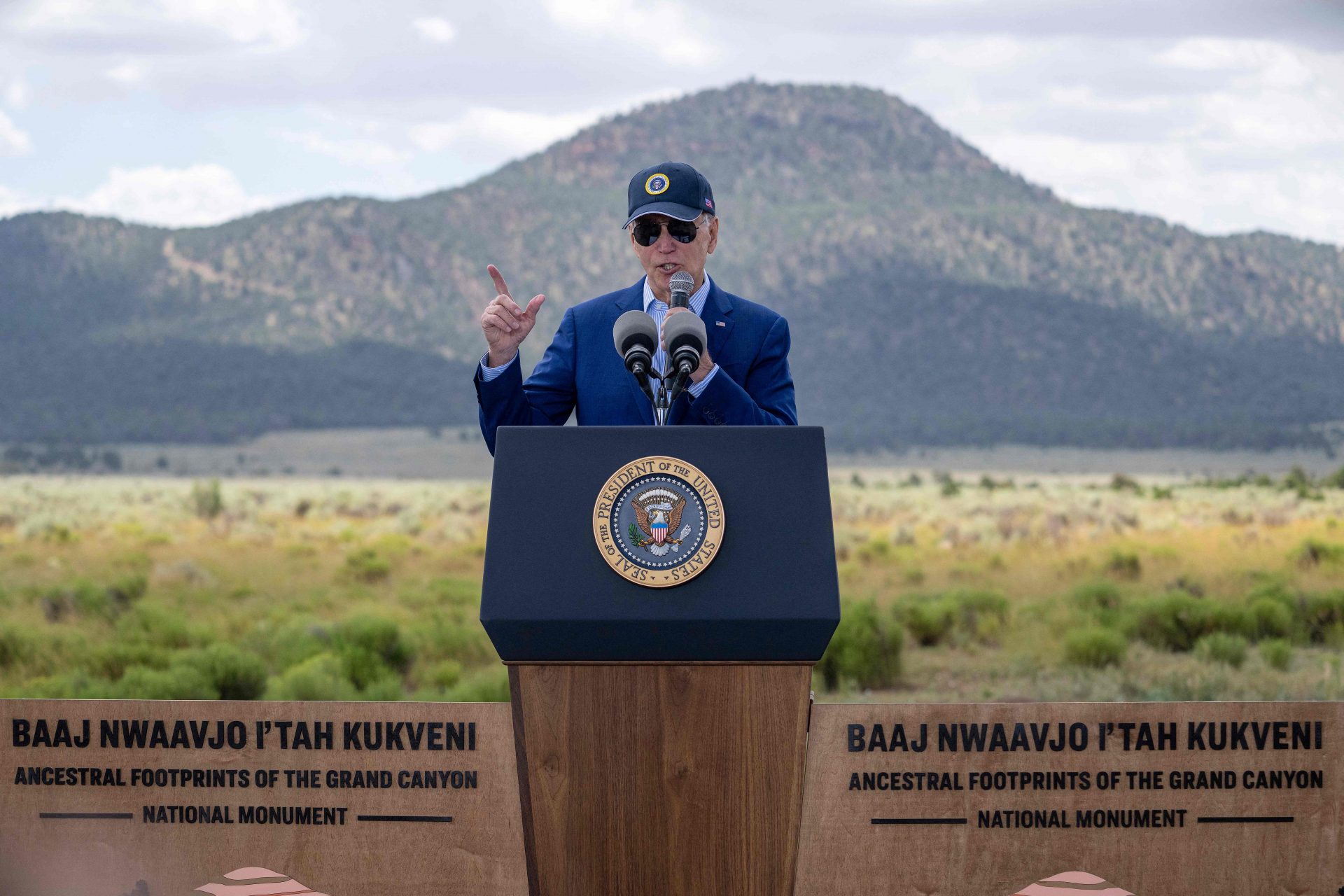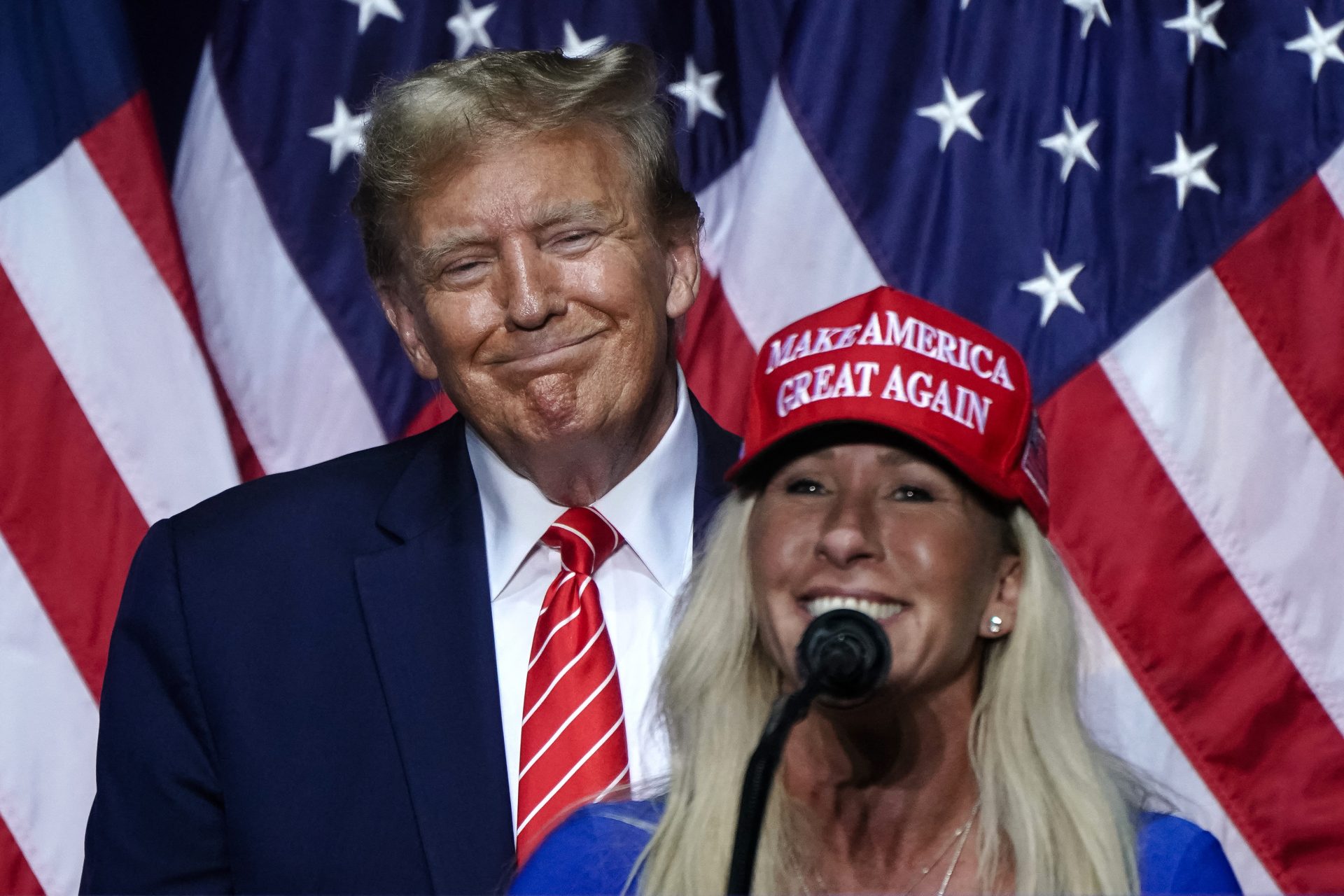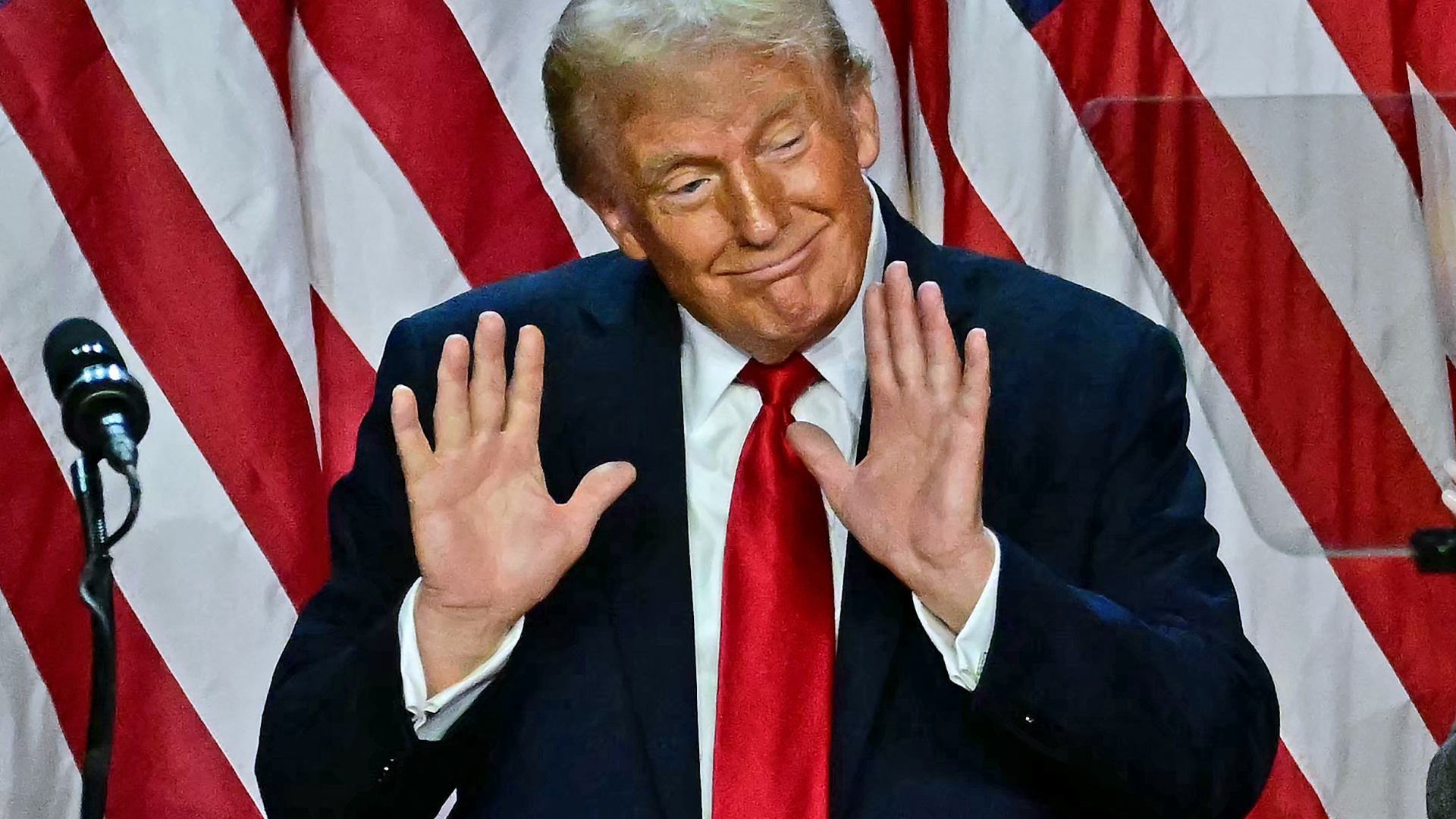The US re-joined Unesco, and it will affect the world
A piece of relevant news passed somewhat unnoticed this summer: the US rejoined the UN's Educational, Scientific and Cultural Organisation after a five years absence and ten without paying dues.
In 2013, President Obama cut the US fund appropriations to the institution, effectively cutting 22% of its budget because it declared in favor of the Palestine people and against Israeli occupation.
However, in 2017, things escalated further as the organization cataloged Israel as an "occupying power," and President Trump decided to leave it altogether.
It was not the first time the US left the organization. President Reagan pulled out of the agency in 1984 after, according to The Economist, a principles change began when an array of newly independent countries joined.
However, the relationship wasn't always bad. During the cold war, the US saw the agency as an ally in the fight for a free flow of ideas and against the Soviet bloc, the magazine explains.
UNESCO is the organization within the UN that deals with education and cultural issues. It preserves heritage sites, sponsors literacy projects, and promotes education.
The organization can influence many international decisions regarding climate change, economy, or technology. The ethical elements behind UN rules are often at the hands of UNESCO. It also has a significant influence in developing countries.
For the US, reentering can mean regaining the cultural spaces it has lost in the last five years. International perception plays a vital role in preserving a country's interests.
China knows this, which is why it has become the most significant financial contributor to the organization in the years of American absence. The return can cut back the dependence on the Asian country.
Still, it means starting over when Biden's administration may soon be over. Some experts have told The Economist that the next president can quickly revert the decision, keeping the relationship unstable.
More for you
Top Stories



